Flying into Tete in Northern Mozambique last week, I could see first-hand the evidence of Mozambique’s resource boom. Most of my fellow passengers were mining engineers or the like, heading for the Brazilian mining company Vale’s huge open-cast mine in the Moatize basin.
Tete province contains some of the world’s largest unexploited reserves of coking coal. Through reserves such as this, Mozambique may grow to become the largest coal exporter in Africa. Mozambique also has large liquefied natural gas deposits, giving it the potential to become one of the top 5 natural gas exporters in the world.
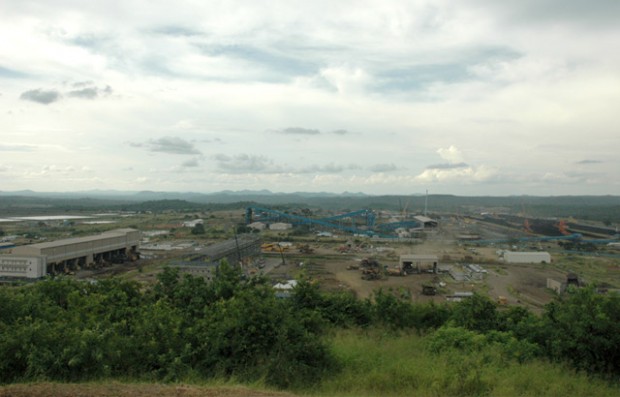
Mozambique is at a crossroads. The country’s potential is clearly immense, with an array of natural resources as well as fertile arable land. But will these resources finance its exit from poverty?
High levels of poverty, increasing inequality and lagging human development mean that Mozambique needs to act now if it is to ensure the benefits from this resource boom are felt by all of its population.
Much has been written about the resource curse and the potential for natural resources to fuel violence and corruption in developing countries. But as Paul Collier argues – and indeed he had recently argued just this, in Mozambique – there is an alternative. With the right constitutional frameworks for making equitable decisions about natural resources, effective laws on resource management and strong civic education about these laws, there is the possibility that natural resources can support economic growth.
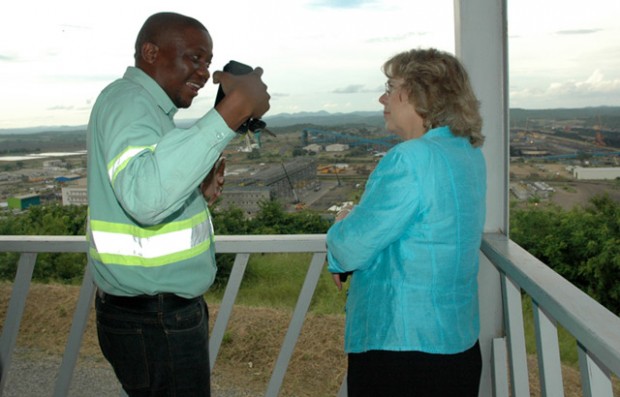
That is why the UK government is providing £6.5 million over 5 years to the Mining and Gas Technical Assistance Project, developed by the World Bank and the government of Mozambique. The project supports reforms in the mining and petroleum sectors, including improvements to laws and regulations, transaction advice on gas negotiations, and a geological mineral survey. It provides training to provincial staff in Tete to help the government with natural resource management. The project also supports broader reforms including improving environmental oversight, social impact monitoring, and engagement with civil society.
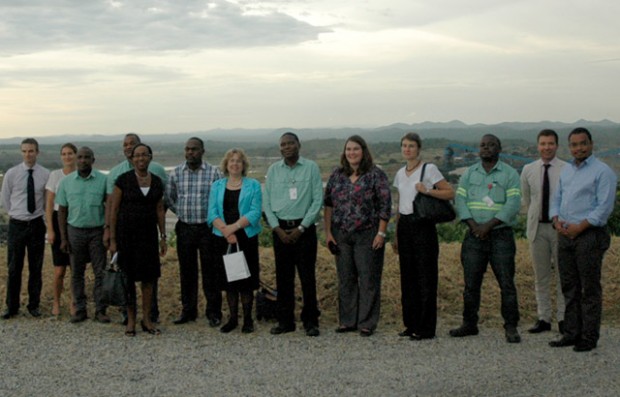
Getting resources out to market in developing countries is not simple. Staff at Vale were optimistic but honest about the challenges that lay ahead, especially as coal had unexpectedly halved in price. A key issue is poor infrastructure. Lack of transport capacity is a constraint to the ability to export coal at a profit. Vale have invested in 2 railways to connect the mines to ports. The Sena railway, linking Moatize to the Port of Beira in the central south of Mozambique, is already in operation and can transport up to 6 million metric tonnes of coal per year. More ambitiously, the Nacala railway, currently under construction or improvement, will connect Moatize to the Port of Nacala, with a transport capacity of 18 million metric tonnes of coal per year. This railway line will travel through Malawi, improving infrastructure and connections, delivering development opportunities to Mozambique and its neighbour.
Ensuring that prosperity spreads beyond the mineral sector is critical. In Tete, I saw how Vale, with support from the DFID-financed agricultural social impact fund AgDevCo, is helping to develop commercial farming among 2,000 families in the region, some of them displaced by the mines, to produce goods for the mining and other sectors.
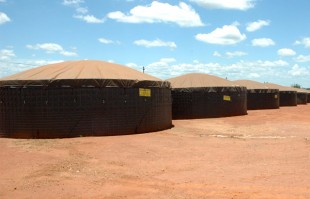
Agriculture itself has huge potential in Mozambique, but again major challenges exist – including lack of land rights, subsistence smallholders, poor nutrition, high birth rates, appalling gender inequality, extremely poor educational achievement and lack of skills. In Catandica district, in Manica province, I saw some of the ways in which DFID is addressing these issues. I visited communities that were being given support to maximise what they could grow locally, and where it was proudly announced that men as well as women laboured in the fields. When I asked an elderly woman whether that meant that men also shared the cooking, looking after the family and other domestic chores, she smiled wryly at me. Of course not.
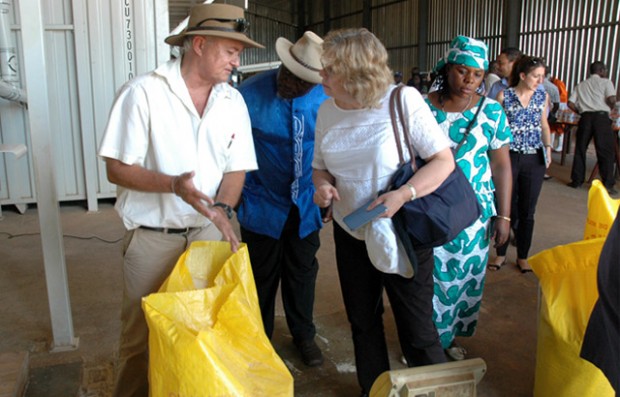
Nevertheless, seeking to link smallholders together in another project, AgDevCo has assisted the Commercial Agricultural Company to establish grain storage, run a mill, and set up a packaging unit which has introduced technology to (and improved farming practices for) over 3,000 farmers. The modern milling facility provides a guaranteed maize market of 3.5 metric tonnes for this rural community, providing an income for farmers and smallholders, as well as creating new jobs at the plant itself. DFID has invested £1.5 million in this successful agribusiness.
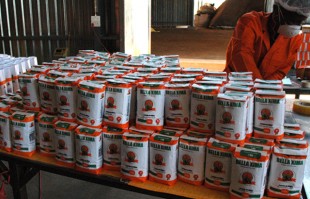
Investing in projects such as these could help Mozambique diversify its economy, so that it does not only rely on extractives, but moves towards more inclusive development. And that is badly needed – the national poverty rate remains high at 55%, and 57% in rural areas.
There is a sense of optimism and expectation in Mozambique, especially among the country’s young people, that the resource boom will deliver jobs and prosperity. One has to hope this will be the case in the long term, but in the meantime much more needs to be done to support the rural poor. Addressing education and skills, gender inequality, poor nutrition and poor infrastructure, as well as ensuring peace and stability, are all major challenges here, which is why DFID is so strongly engaged. By tackling these challenges, the direction Mozambique takes from its crossroads will be towards inclusive development. Along this road lie the country’s long-term prosperity and security.
Sign up for email updates from this blog, or follow Lindsay on Twitter.

Recent Comments